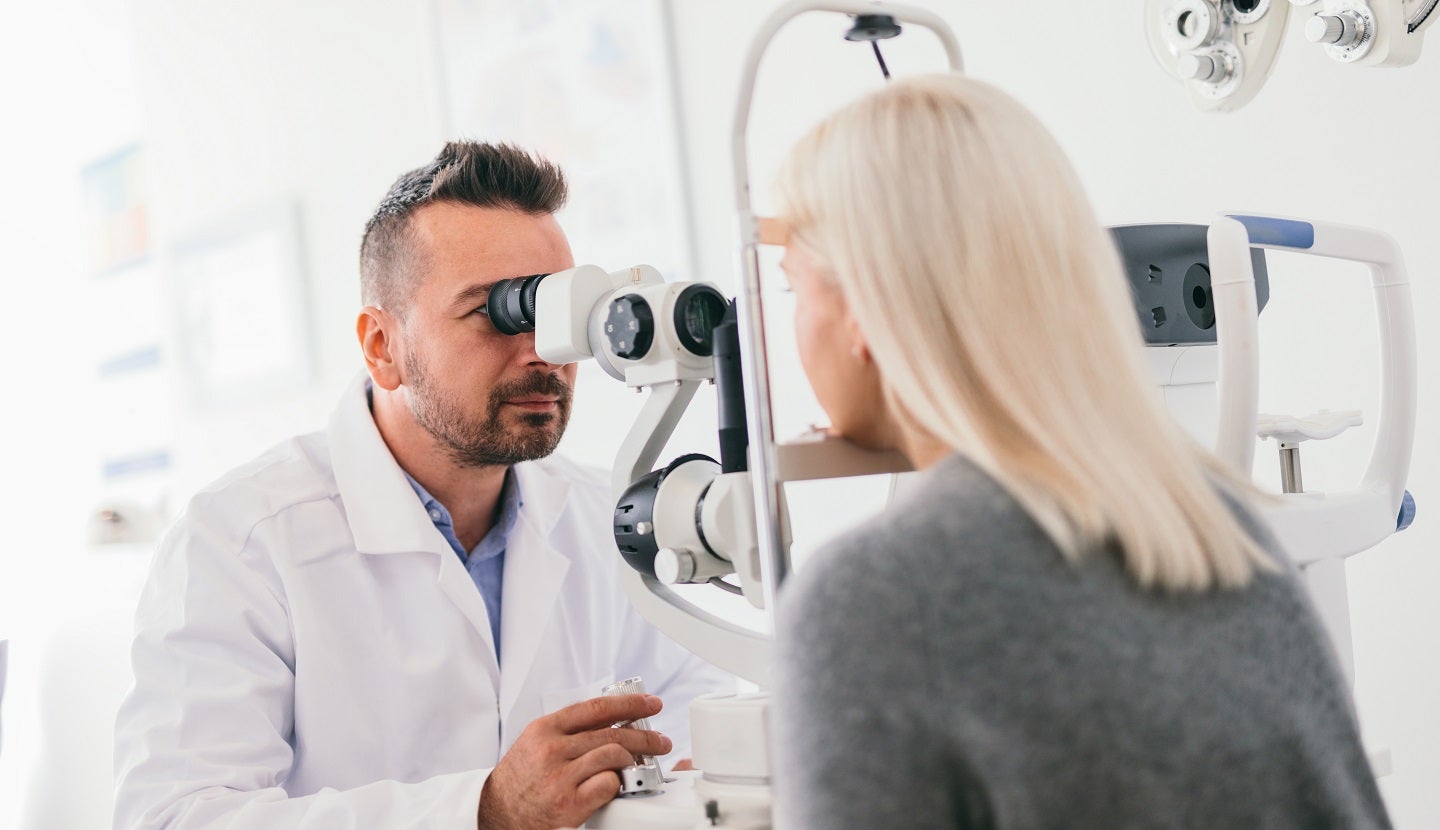
Nacuity Pharmaceuticals has achieved its target enrolment of 48 patients in the SLO-RP Phase I/II clinical trial of NPI-001 tablets to treat retinitis pigmentosa (RP) associated with Usher syndrome (USH).
The placebo-controlled, dose-escalation, multicentre, double-masked, randomised trial will evaluate the tolerability, clinical safety, and efficacy of NPI-001 against a placebo in patients with RP associated with USH.

Discover B2B Marketing That Performs
Combine business intelligence and editorial excellence to reach engaged professionals across 36 leading media platforms.
Both male and female patients aged 18 years and above were enrolled across four trial sites in Australia.
Efficacy of NPI-001 will be determined by following up with patients for two years during the study. Interested participants can also continue treatment beyond two years while the trial is ongoing.
Nacuity Pharmaceuticals senior vice-president and chief clinical officer Jami Kern said: “We hope to confirm and build upon the encouraging preclinical and Phase I results to generate a robust package of data supporting the promise of an oral treatment option for patients with RP while validating the potential for broader applications in other diseases caused by oxidative stress.”
Interim efficacy data from the study is expected by the end of this year.

US Tariffs are shifting - will you react or anticipate?
Don’t let policy changes catch you off guard. Stay proactive with real-time data and expert analysis.
By GlobalDataNacuity Pharmaceuticals chairman, CEO and co-founder Halden Conner said: “We extend our gratitude to the principal investigators, Usher patient advocacy organisations, and clinical sites who supported our recruitment efforts, working through challenges including the early days of a global pandemic.”
In addition to RP treatment, Nacuity is engaged in ongoing clinical programmes for cataracts and cystinosis.





